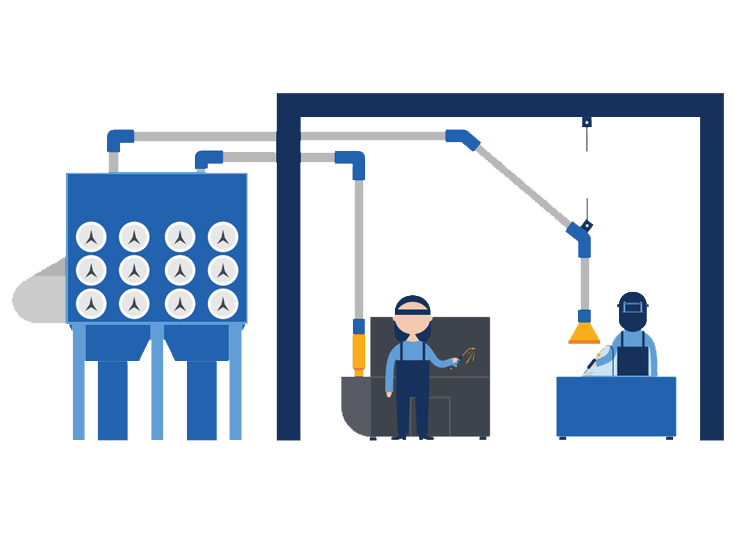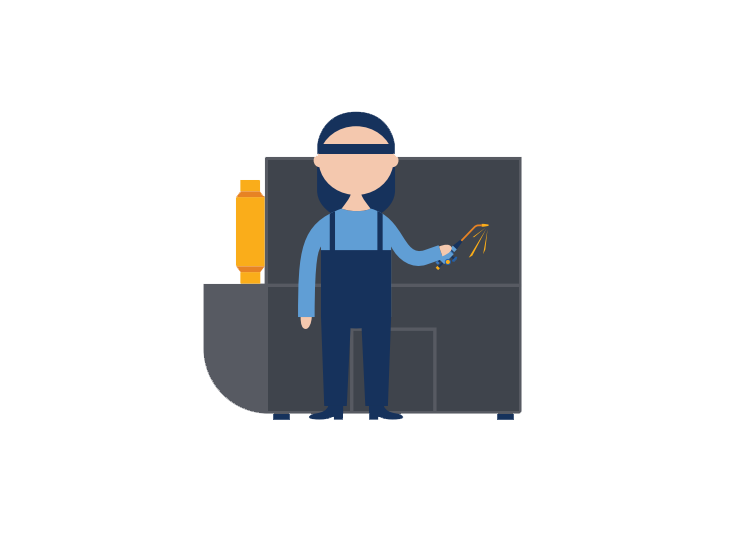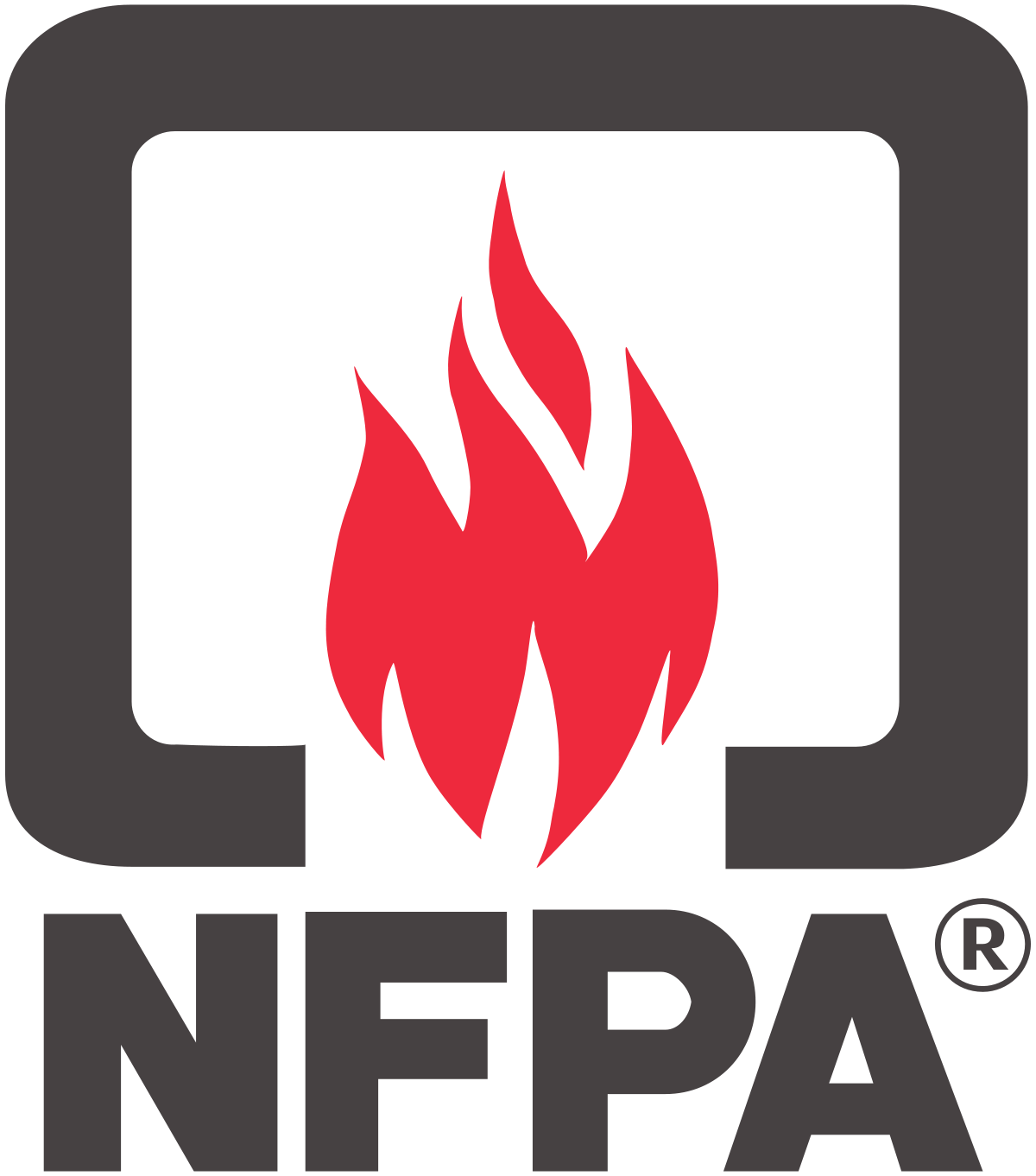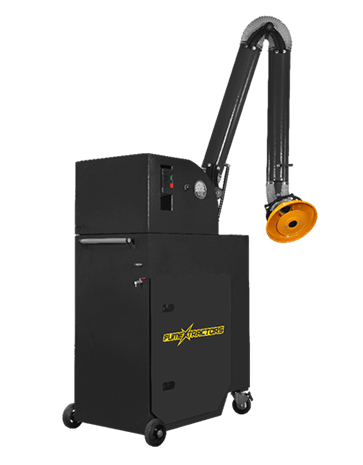Understanding NFPA 484: Does It Apply to Your Operations?
Deflagration occurs when a large, dense cloud of dust becomes airborne and makes contact with an energy source that's strong enough to cause ignition. This grouping is also referred to as the explosion pentagon by OSHA, Occupational Safety and Health Administration.
For some dust, a static spark is enough to ignite a dense cloud vs. others that may require an open flame or contact with a hot surface. Any environment where applications involve the machining, production, finishing, or handling of combustible metals must recognize and follow regulatory compliance to prevent catastrophic explosions from developing in the workplace.
The NFPA, National Fire Protection Association, reinforces standards for all metal processing industries that are in danger of combustible dust including, aerospace, transportation, agricultural, chemical, pharmaceutical, textile, paper, pulp, and defense manufacturing.




